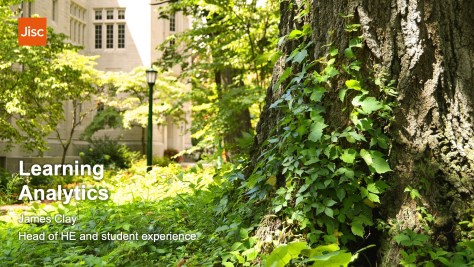
In other years I would have been in Birmingham this week as it was Digifest, as it happens and not entirely unexpectedly, I find myself at home staring into a webcam instead of standing on a stage and siting down in my chair to watch presentations on a screen. Not quite the same experience, but the coffee was so much better….
I was chairing a series of sessions on the Monday, which was interesting and I had to chair the Q&A, which was challenging in an online environment, as questions were often posted without the context or needed clarification, which resulted in some confusion on the part of the speakers.
Wednesday I was delivering a 30 minute session on the future of digital leadership, in which I stared at my webcam. I have no idea how many people were watching the session, was it a thousand people, or was it just three people.

I have blogged many times in the past about the advantages of an online conference, and of course the main one is that the coffee is so much better.
I do think that this conference missed a trick by not having either a chat function, or a space to discuss the presentations. Yes some of us uses the Twitter, but it’s not quite the same (and it’s public as well).
It appeared to go down well with a few comments on the Twitter.
The thing is how would I know. It was really hard to get any kind of feedback from the audience, in the main as I couldn’t see them.
Going through an old USB drive and found a funding proposal about using tools such as Jaiku and Twitter with HE students studying in FE Colleges.
The proposed name of the project
Mmm Coffee
Which was an acronym of…
MiCrO blogging For he in FE made Easy
We didn’t get the funding, in case you were interested….
Tried out the transcription feature of Zoom, I love transcription
“yeah yeah you know, yes, so I joined a piggy bank robber host and therefore you’re talking child”
I can’t even remember now what I actually said!
My top tweet this week was this one.

















